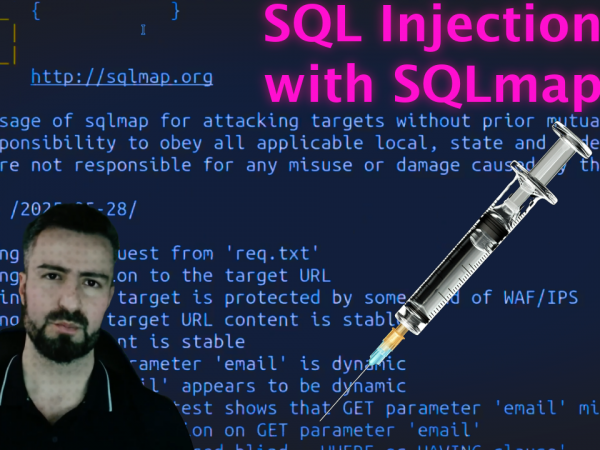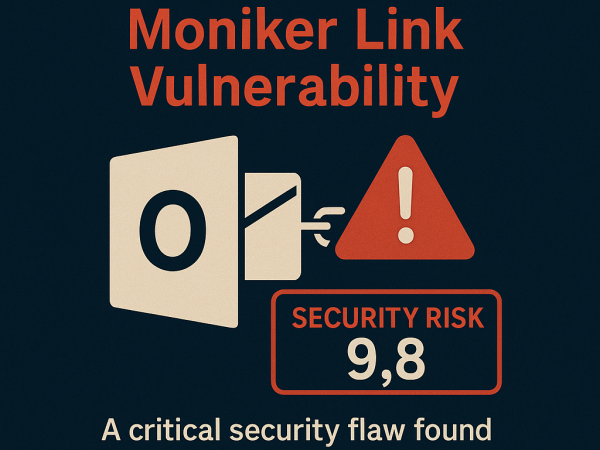Introduction
Two popular options for individuals at the beginning or intermediate stages of their cybersecurity journey are the eJPT (eLearnSecurity Junior Penetration Tester) and CEH (Certified Ethical Hacker). Both certifications target aspiring ethical hackers and penetration testers, but they differ significantly in their focus, cost, prerequisites, and career prospects.
This article provides a detailed comparison of eJPT and CEH, helping you decide which certification aligns better with your career goals.
Overview of eJPT and CEH
eJPT (eLearnSecurity Junior Penetration Tester)
- Offered By: eLearnSecurity (now part of INE)
- Focus: Practical penetration testing skills
- Target Audience: Beginners or intermediate professionals interested in hands-on penetration testing.
- Exam Format: Practical, scenario-based exam conducted in a virtual lab
- Cost: Approximately $200–300
- Duration: Self-paced training; exam duration is up to 48 hours
CEH (Certified Ethical Hacker)
- Offered By: EC-Council
- Focus: Broad theoretical knowledge of hacking tools, techniques, and frameworks
- Target Audience: Beginner professionals interested in a certification recognized widely in the industry
- Exam Format: 125 Multiple-choice exam; optional practical exam available that includes 20 real-life challenges.
- Cost: Approx $1,199 for the exam; training packages can increase the cost significantly
- Duration: Theoretical exam is 4 hours; optional practical exam is 6 hours
Key Differences Between eJPT and CEH
1. Exam Focus
- eJPT: Emphasizes practical skills. The exam places you in a virtual lab where you perform tasks like scanning networks, identifying vulnerabilities, and exploiting systems. It’s an excellent choice for hands-on learners.
- CEH: Primarily tests theoretical knowledge through multiple-choice questions. The optional practical exam, introduced as CEH Practical, adds a hands-on element but comes at an additional cost. The CEH Practical exam is thorough, covering topics like steganography, Wireshark packet analysis, encryption, decryption, and more.
2. Target Audience
- eJPT: The eJPT certification is designed for advanced IT professionals who are at the early stages of their penetration testing journey. You must have good practical knowledge to pass this exam
- CEH: Ideal for beginners with little to no prior experience in penetration testing or cybersecurity.Its wide recognition appeals to those seeking roles in organizations that value theoretical credentials.
3. Cost
- eJPT: Significantly more affordable, costing around $200–300. This makes it a budget-friendly choice for students or self-taught individuals.
- CEH: Expensive, with a base cost of $1,199 for the theoretical exam and optional training materials costing thousands more. This can be a barrier for entry-level professionals.
4. Practicality
- eJPT: Entirely practical, testing your ability to apply skills in real-world scenarios.
- CEH: Focuses on theory, although the optional practical exam provides a hands-on component.
5. Industry Recognition
- eJPT: Gaining recognition for its strong practical component, especially among employers who value hands-on skills.
- CEH: Widely recognized globally and often listed as a requirement in job postings, particularly for government and corporate roles.
6. Training Resources
CEH: Offers training through EC-Council’s Accredited Training Centers, but it is not included in the base cost of the exam.
eJPT: Comes with bundled training (INE’s Penetration Testing Student course), which prepares you thoroughly for the exam.
Career Opportunities
- eJPT: Positions like Junior Penetration Tester, Security Analyst, and IT Security Specialist. Employers looking for hands-on capabilities may prioritize candidates with eJPT.
- CEH: Roles such as Ethical Hacker, Cybersecurity Analyst, and Network Security Engineer. CEH is particularly valuable for jobs in organizations requiring compliance with global standards.
Which Certification Should You Choose?
Choose eJPT if:
- You already have a foundational understanding of IT and cybersecurity concepts.
- You prefer hands-on learning and aim to build real-world penetration testing skills.
- Your goal is to transition into a technical, skills-focused role.
Choose CEH if:
- You are starting your cybersecurity journey and want an affordable, practical certification.
- You want a certification with widespread industry recognition and credibility.
- You are targeting government or corporate roles that prioritize certifications like CEH.
CEH vs eJPT vs OSCP vs HackTheBox CPTS
One last thing I want to mention is how these two certifications differ from OSCP. We all know that OSCP is more advanced than CEH and eJPT but if you want to pursue OSCP, its better first to take eJPT as it prepares for practical penetration testing assessments.
Another valid credential for starters in penetration testing and cyber security is the COMPTIA Pentest+ which is also a less technical certification than OSCP however COMPTIA Pentest+ contains practical knowledge and its exam does include scenario based questions but in anycase I would put CEH and COMPTIA Pentest+ as options for new starters with no prior knowledge in cyber security and penetration testing. On a more intermediate practical level, there is the eJPT and then you have the more technically demanding such as OSCP and HackTheBox CPTS.
Conclusion
Both eJPT and CEH have their unique strengths, and the right choice depends on your career goals, experience level, and budget. For practical, skills-based learning, eJPT offers an affordable and effective entry point. If industry recognition and theoretical knowledge are your priorities, CEH provides a well-established credential with global appeal.
Evaluate your career aspirations and learning preferences carefully to make an informed decision,and remember, certifications are just the beginning of your journey in the dynamic field of cybersecurity!




